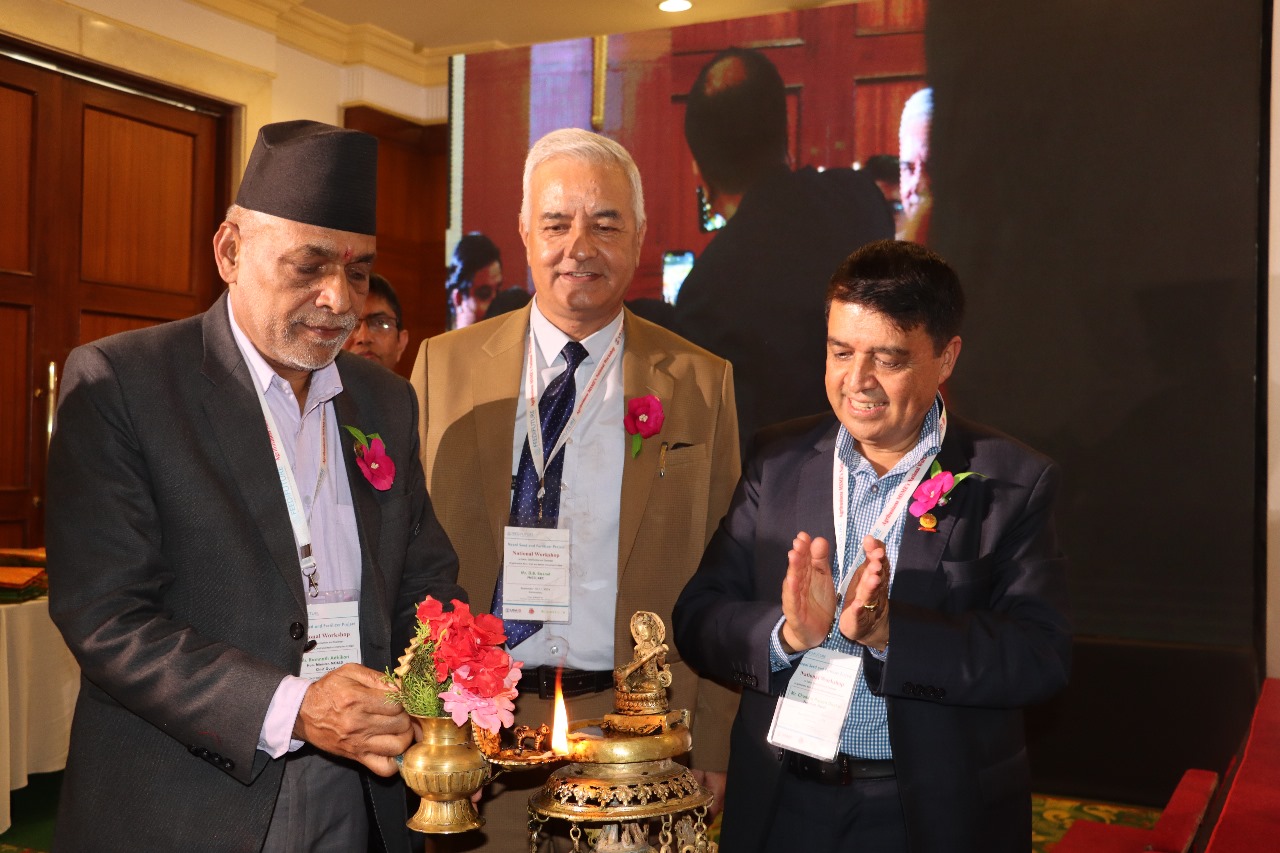Kathmandu: The Federation of Nepalese Chambers of Commerce and Industry’s (FNCCI) Agro Enterprise Centre (AEC), in collaboration with United States Agency for International Development (USAID) Nepal Seed and Fertiliser Programme, hosted a successful two-day National Workshop on the “Status, Opportunities, and Challenges of Agribusiness Micro, Small, and Medium Enterprises (MSMEs) in
Nepal” on September 10 and 11.
The workshop brought together 140 participants from various sectors, government, cooperatives, development partners, agriculture service providers, and micro, small, and medium-sized enterprises (MSMEs).
Agribusiness MSMEs play a vital role in Nepal’s agricultural sector by adding value to agricultural products, enhancing market access for farmers, and promoting sustainable farming practices.
Agribusiness MSMEs need support to modernise their business practices, develop their connections with service providers, create a conducive environment for their investments in agribusiness and create robust and durable commercial models for transforming agriculture in Nepal, employment generation and local economic development.
Addressing the special inaugural session, Ram Nath Adhikari, Minister of Agriculture and Livestock Development, emphasised the government’s commitment to supporting the growth and resilience of agribusiness MSMEs, recognising their crucial role in sustaining Nepal’s agricultural sector.
Chandra Prasad Dhakal, President of Federation of Nepalese Chambers of Commerce and Industry, emphasised the business potential in agriculture and the need to advance business growth. DB Basnet, Chairperson of Agro Enterprise Centre, highlighted the significance of collaboration between the public and
private sectors in strengthening the linkages and capacity of MSMEs to advance Nepal’s agribusiness sector.
The workshop featured five technical sessions, including paper presentations, discussions and panel dialogues focusing on business linkages; policy options for reducing risks and increasing investments; and overall market competitiveness.
The event concluded with the presentation of key recommendations to strengthen the competitiveness of agribusiness MSMEs in partnership with the Government of Nepal. These recommendations will help inform future policy formulation to create a more conducive business environment for these enterprises and thus have a significant impact in increasing economic and employment opportunity, ag productivity, food security and inclusive growth in
Nepal.
FNCCI and CIMMYT host National Workshop to Strengthen Agribusiness MSMEs in Nepal
